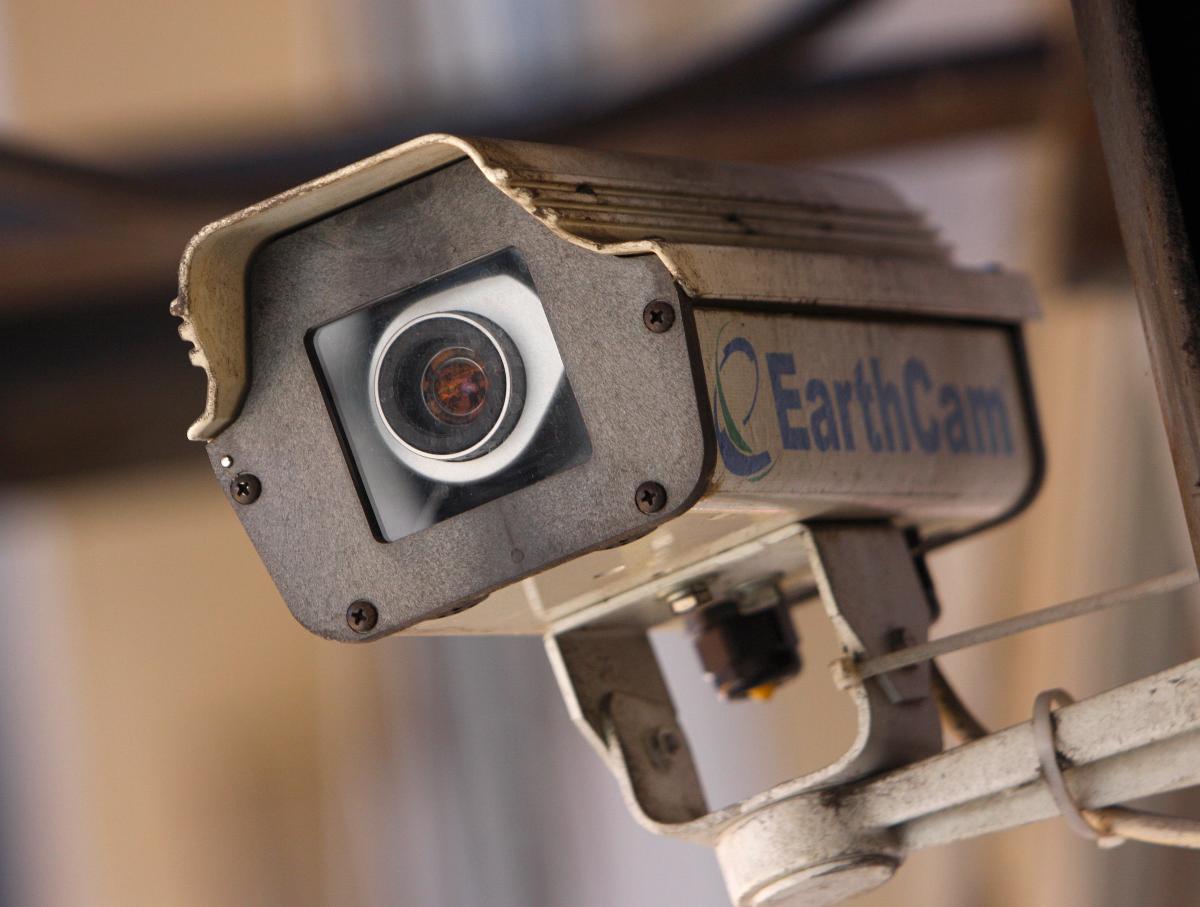AI Surveillance in U.S. Prisons Raises Privacy Concerns
Alapfogalmak
The author argues that the implementation of AI-powered surveillance systems in U.S. prisons, such as Verus, raises significant privacy concerns while claiming to enhance safety and fight crime.
Kivonat
U.S. prisons are adopting AI-powered surveillance systems like Verus to monitor inmate calls for safety and crime prevention, sparking debates on privacy infringement. Critics question the balance between public safety and individual rights as these systems scan conversations for potential threats or illegal activities. The technology's widespread use across various states highlights its controversial impact on privacy rights and law enforcement practices.
Összefoglaló testreszabása
Átírás mesterséges intelligenciával
Hivatkozások generálása
Forrás fordítása
Egy másik nyelvre
Gondolattérkép létrehozása
a forrásanyagból
Forrás megtekintése
www.context.news
AI surveillance takes U.S. prisons by storm | Context
Statisztikák
"scanning as many as 600,000 minutes per month"
"more than two dozen law enforcement and immigration agencies"
"monitoring telephone conversations about the virus in detention facilities"
"monitor more than 2.5 million phone calls"
"leading to 96 'actionable intelligence reports'"
Idézetek
"It is incredibly scary and chilling." - Julie Mao
"There's an avalanche effect." - Daniel Schwarz
Főbb Kivonatok
by Avi Asher-Sc... : www.context.news 02-21-2024
https://www.context.news/surveillance/ai-surveillance-takes-us-prisons-by-storm
Mélyebb kérdések
How can the balance between public safety and individual privacy be maintained in the context of AI surveillance in prisons?
In order to maintain a balance between public safety and individual privacy when implementing AI surveillance in prisons, several measures can be taken. Firstly, clear guidelines and regulations should be established regarding the use of such technology, ensuring that it is only used for legitimate penological goals such as preventing self-harm or identifying serious crimes. Transparency is key - inmates should be informed about the monitoring of their communications to uphold their rights.
Additionally, oversight mechanisms must be put in place to prevent abuse of surveillance systems. Regular audits and reviews should be conducted to ensure compliance with laws and ethical standards. Data protection measures should also be implemented to safeguard sensitive information collected through AI surveillance.
Furthermore, there needs to be a robust system for addressing complaints and concerns raised by individuals who feel their privacy has been violated. Access to legal recourse for inmates is essential to protect their rights while still upholding public safety objectives.
How might the use of AI-powered surveillance impact broader societal views on privacy and security?
The use of AI-powered surveillance in correctional facilities could have significant implications for broader societal views on privacy and security. On one hand, proponents argue that such technology enhances public safety by detecting criminal activities within prisons and preventing incidents like suicides or violent crimes. This may lead some members of society to view increased surveillance as a necessary trade-off for improved security.
However, critics raise concerns about potential violations of individual privacy rights due to indiscriminate monitoring of inmate communications. The widespread implementation of advanced surveillance technologies could normalize intrusive forms of monitoring not just within prison walls but also outside them, impacting how people perceive their own privacy.
Moreover, revelations about the extent and scope of AI-powered surveillance may erode trust in institutions responsible for maintaining security if they are perceived as overstepping boundaries or infringing on civil liberties without sufficient justification. This could lead to heightened scrutiny from advocacy groups pushing back against invasive surveillance practices both inside correctional facilities and beyond.
What ethical considerations should be taken into account when implementing advanced surveillance technologies in correctional facilities?
When implementing advanced surveillance technologies like AI systems in correctional facilities, several ethical considerations must guide decision-making processes:
Privacy Rights: Respecting the fundamental right to privacy is paramount even within carceral settings where individuals have limited freedoms.
Transparency: Inmates should be made aware that their communications are being monitored using these technologies.
Data Security: Safeguards must be put in place to protect sensitive data collected through these systems from unauthorized access or misuse.
Accountability: Mechanisms need to exist for holding those operating these systems accountable for any abuses or breaches.
5 .Equity: Ensuring that vulnerable populations aren't disproportionately targeted or impacted by biased algorithms embedded within these technologies.
By incorporating these ethical principles into the deployment and operation of advanced surveillancesystemsinprisons,it'spossibletoensurethatpublicsafetygoalsareachievedwhileupholdingthebasicrightsanddignityofindividualsincarceratedsettings
0
